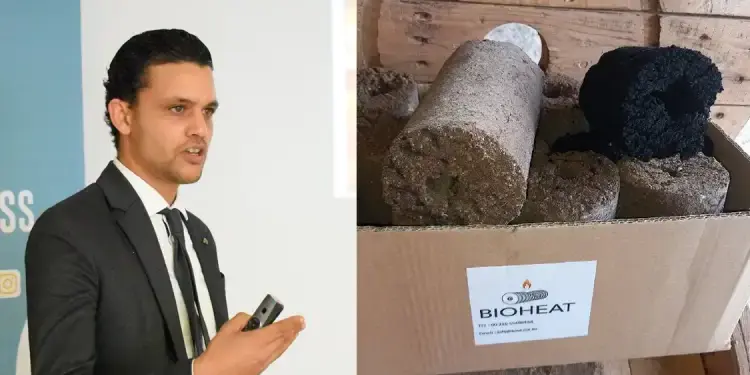The Tunisian startup Bioheat, founded by Yassine Khelifi, is revolutionizing the management of olive waste by transforming them into ecological heating briquettes.
These briquettes, which help reduce dependence on firewood and imported fuels, are used locally in restaurants, guest houses and schools, but are also exported to France and Canada, reports AFP in a report published yesterday, March 29.
The transformation process is based on a technology developed by Khelifi after four years of research and experimentation. Briquettes, which contain only 8 % humidity, generate less carbon emissions than traditional firewood. Khelifi, an engineer from a family of farmers, saw an opportunity in olive residues to create sustainable energy while fighting deforestation and climate change.
Tunisia, the third world producer of olive oil, generates thousands of tonnes of olive waste each year. Bioheat values this material by producing briquettes used for heating and cooking. The company plans to produce 600 tonnes of briquettes in 2025, while contributing to the reduction of the country’s energy dependence.
The Bioheat model has attracted many local players, such as Selim Sahli, owner of a guest house, who saw its heating costs significantly reduced thanks to these briquettes. The export market is also promising, with 60 % of production for export.








